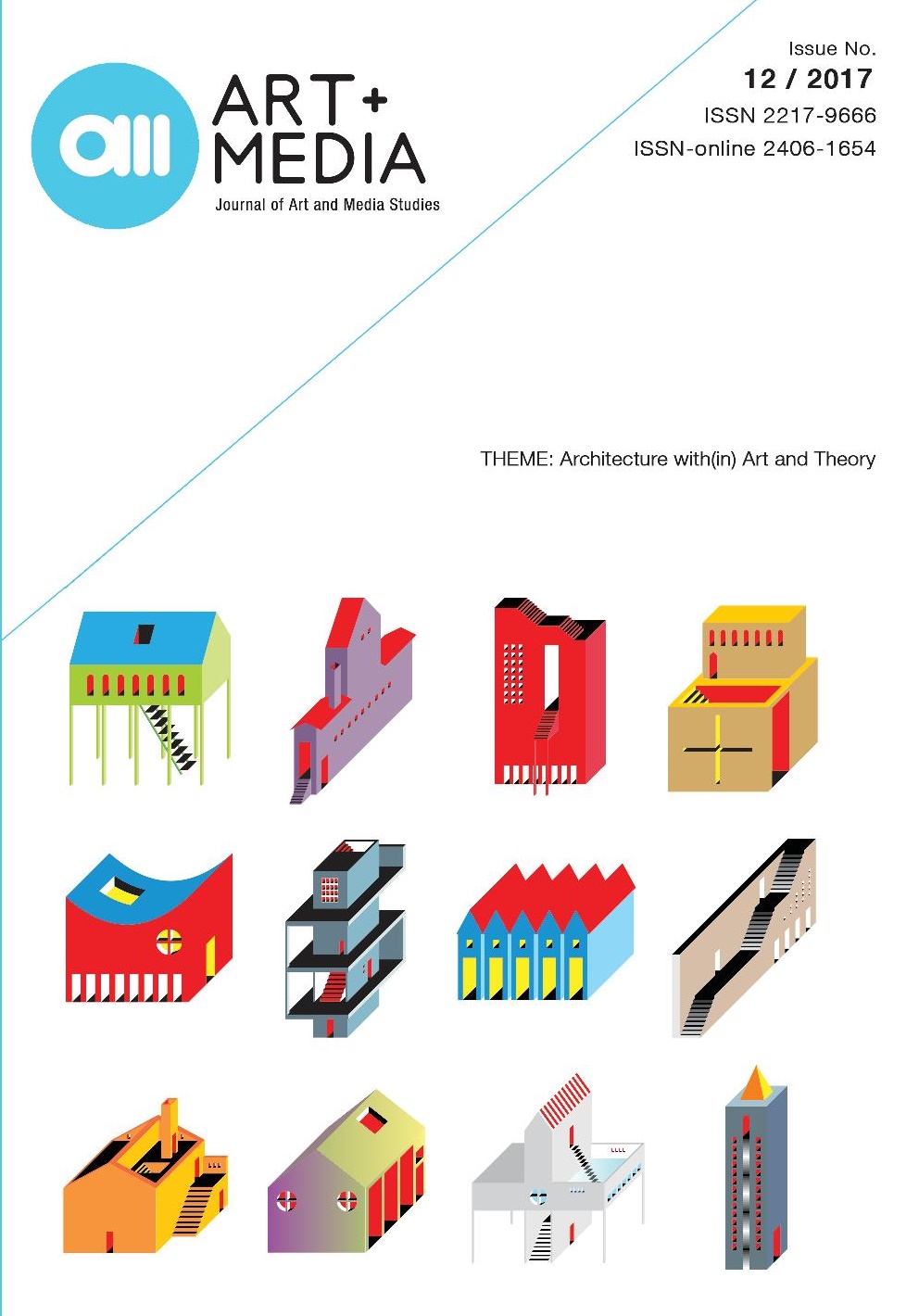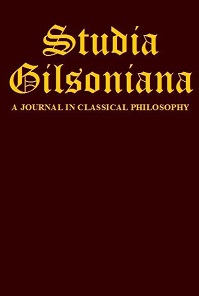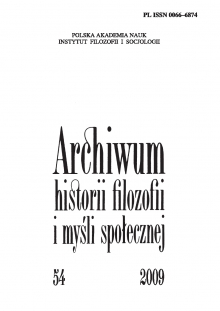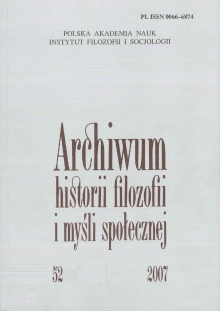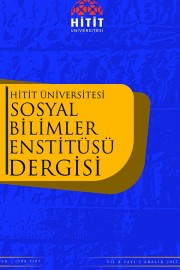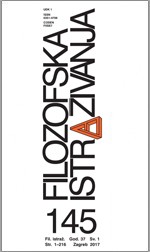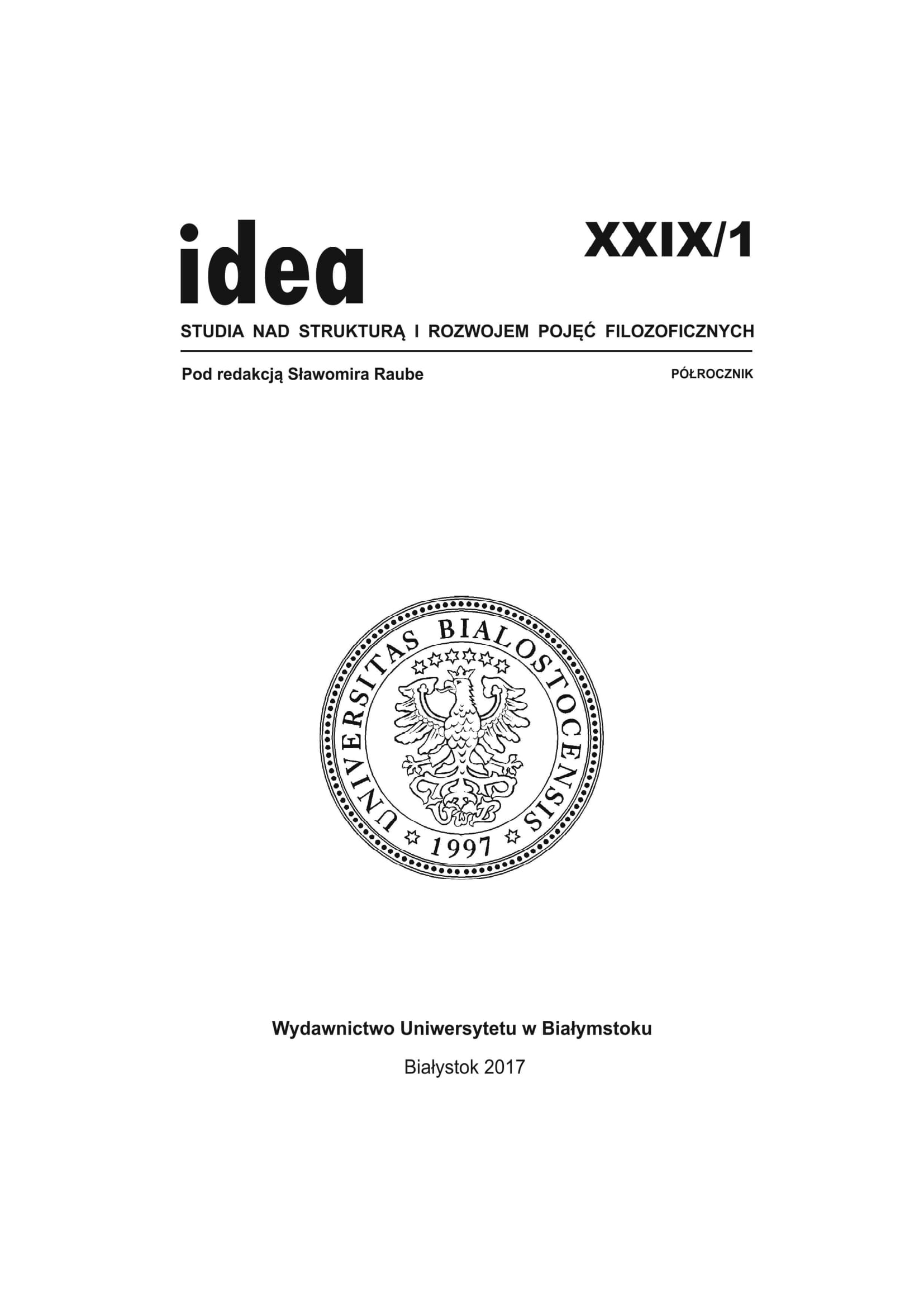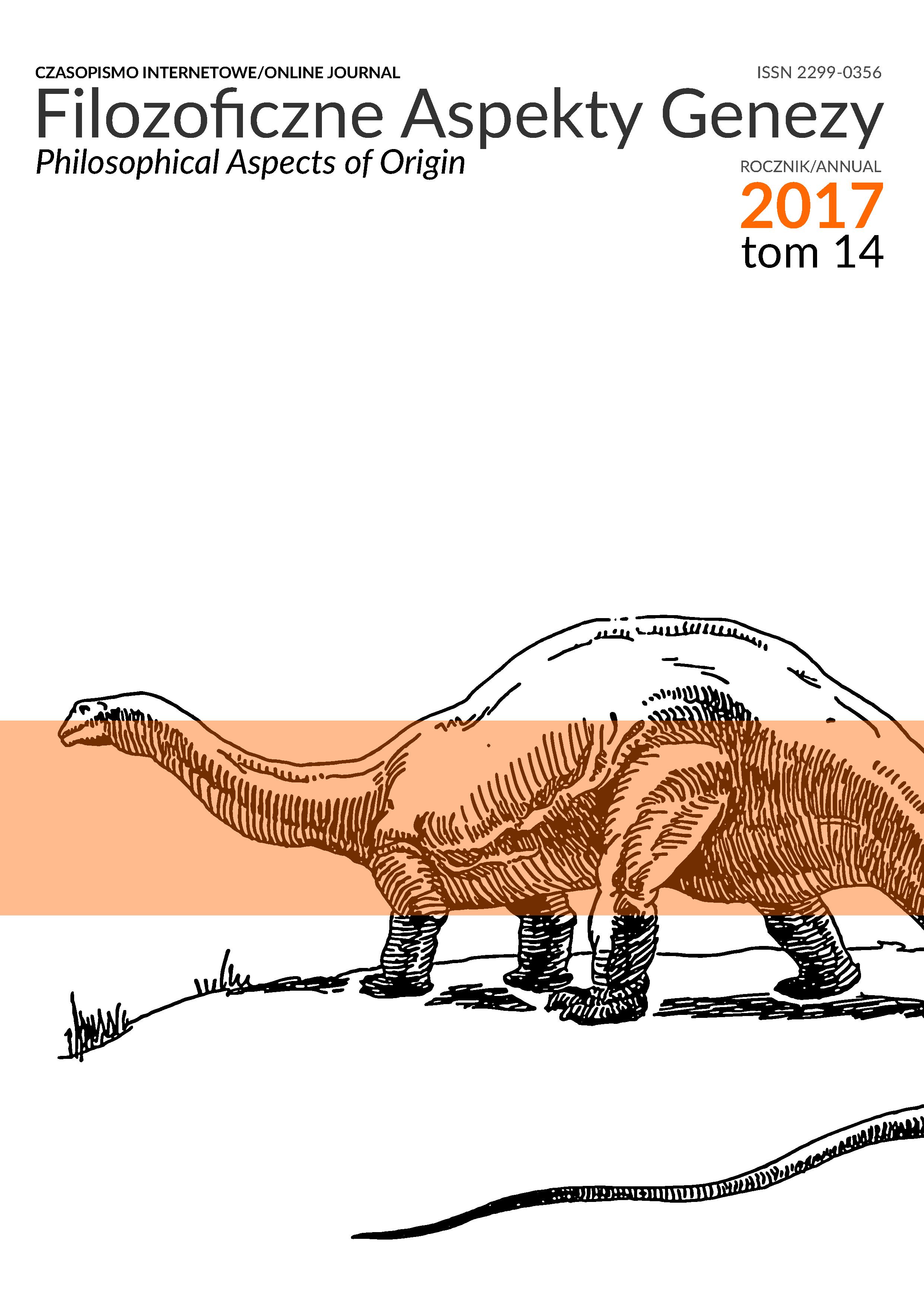
The Bustle and the Absence of Zhuyi: The Example of Chinese Aesthetics
Compared with the rapid development of Chinese economy, which is theleading one in the world, modern philosophy and aesthetics in China are in a position thatis subordinate to the West. In contemporary Chinese aesthetics, for instance, there have occurredheated discussions and a craze for aesthetics as well as various rampant Zhuyi in the1950s and 1980s. However, the debate of Zhuyi in the 1950s was described as politicized andof a low level. The bustle of Zhuyi in the 1980s bore witness to all kinds of doctrines and -ismsin Western philosophy and aesthetics that also found their way into China, although Chinesephilosophers and aestheticians remained merely spectators to these processes. A closer lookcan disclose the reasons behind the absence of Zhuyi in Chinese philosophy and reveals theroles played by aesthetics and the humanities as a whole in the earlier bustle of Zhuyi. Thereare subjective and objective reasons for the weakness of Chinese academic power. There existsa severe imbalance between underdeveloped Chinese philosophy and aesthetics and thedeveloped economy. Eliminating the imbalance is essential for China to pursue developmentfurther, but the emergence of a new balance is not possible without the establishment of Zhuyiand schools.
More...
